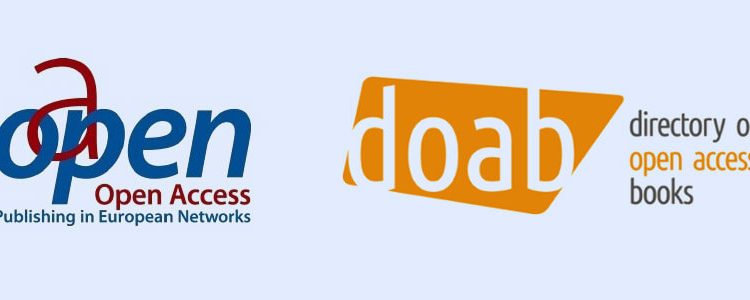Open Access Book Publishing Now Available for Humanities and Social Sciences Researchers

The open access–journal publishing trend has hit the world of academic book publishing. The traditional business model for monograph publishing is lagging behind the others in the industry, and academic publishers are becoming more and more selective about the books they agree to publish. This, in turn, has a huge effect on first-time authors and researchers. These authors and researchers find it more difficult to find a company to publish their works.
With the rise of the internet, publishers find it very difficult to sell their books in bulk to libraries and other institutions. This leads to an economic decline in the publishing industry across the board. This decline has forced publishers, including those embedded within academic institutions, to take a look at a different business model. This model is digital and open-access (OA) publishing for the publication of monographs. To that end, Open Access Publishing in European Networks (OAPEN) has helped move them in the right direction.
OAPEN
OAPEN, funded by the European Union’s eContentplus program, was a 30-month project with the goal of creating a sustainable OA business model for publishing academic books in the humanities and social sciences. The goal of the model was to “improve the visibility and usability of high-quality academic research in Europe.” After the project ended, OAPEN continued its activities as the OAPEN Foundation, created by several European institutions. OAPEN Foundation comprises peer-reviewed OA books and includes the OAPEN Library. The library currently houses more than 2,500 academic books, mainly in the humanities and social sciences. These books are searchable online and freely accessible. The foundation works with publishers “to build a quality-controlled collection of OA books. It also provides services for publishers, libraries, and research funders in the areas of deposit, quality assurance, dissemination, and digital preservation.”
To this end, OAPEN operates under two platforms, the OAPEN Library and the Directory of Open Access Books (DOAB). DOAB’s primary goal is to provide as much information as possible on OA publications. It also aims to invite publishers to cooperate by providing metadata on their OA books. These OA books must meet certain academic standards (e.g., peer review). The books can also become integrated into online catalogs and services making is easily accessible. All involved in the publication of these monographs can access this directory. Lars Bjørnshauge and Salam Baker Shanawa, managers of SemperTool, in cooperation develop and maintain the DOAB.
Advantages for All Involved
Both OA publishing and archiving are free. The difference in these two terms is that OA archiving is concerned with “preserving and providing unrestricted access to already published material” while OA publishing is concerned with the validation and certification of research results, including the complete publishing process from manuscript submission to marketing. These two are also commonly known as the “green” and “gold” roads to OA, respectively.
Although OA is a new phenomenon for monographs, people are beginning to see many benefits. Academic books provide worldwide access to an author’s work instantly. With OA, researchers improve their searches and reduce research time. Those funding research projects in the humanities can ensure that research results are sound and access is free and unrestricted. This increases the return on investment (ROI) for that research.
By OA archiving and publishing, institutional libraries also benefit because they become independent from expensive annual subscriptions and fees. This helps them to improve their services to researchers, faculty, and students. For publishers, OA publishing offers a more effective and sustainable approach to the dissemination of scholarly knowledge. In case of any questions about copyright infringement in this process, the OAPEN Library offers several options for publishers or owners of the copyrighted material. Most often, these options depend on Creative Commons licenses.
List of Compliant Publishers
In March 2017, OAPEN introduced a new list of book publishers that comply with OA requirements for the books. The list is provided so that authors and researchers are informed about which publishers have agreed to the rules and have been reviewed for compliance with the Seventh Framework Programme for Research and Technological Development post-grant OA pilot and Horizon 2020. OA funding requirements are created by the European Research Council, Wellcome, and the Austrian Science Fund, each of whom “supports immediate open access to books and book chapters resulting from research grants,” helping researchers pay for charges levied by publishers for OA publishing.
InTechOpen was one of the first publishers on the list. It has the largest OA book offering. InTechOpen is also the largest publisher in the world of publications in science, technology, and medicine. Since 2004, InTechOpen has published “2,987 books and 46,833 scientific works by 100,768 international scientists.” In March 2017, Frontiers announced that it, too, had been invited by OAPEN to join the list of publishers. In 2016, a Frontiers e-book entitled Turn-Taking in Human Communicative Interaction funded by the European Research Council became listed in the OAPEN Library. Among the other publishers on the list are Oxford University Press, Manchester University Press, and Open Access Books. The OAPEN Library now contains more than 2,500 titles from 100 publishers in 20 countries.









